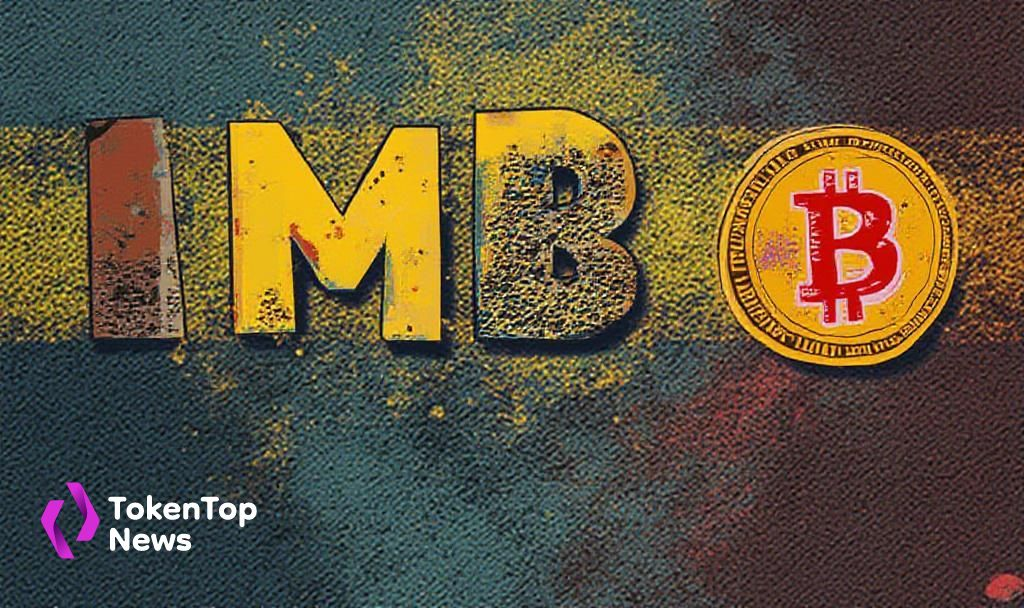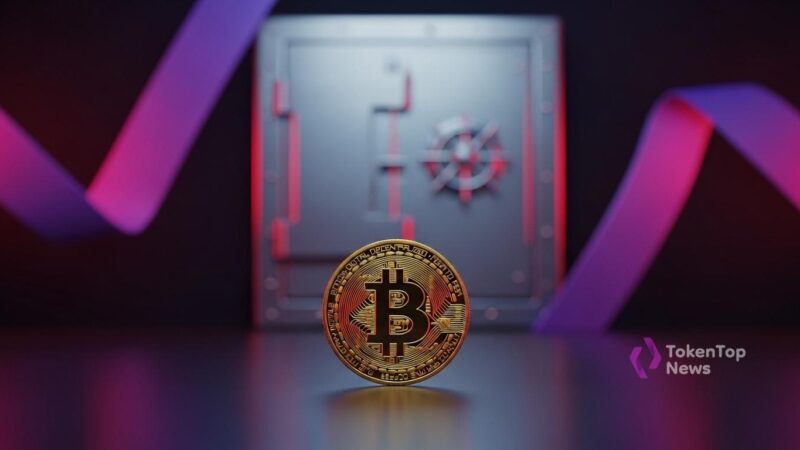El Salvador Freezes Bitcoin Purchases amidst IMF Loan Conditions
- IMF conditions halt El Salvador’s Bitcoin BTC +0.00% buys.
- Loan agreement influences crypto policies.
- Market observes Bitcoin consolidation only.

El Salvador’s halt in Bitcoin acquisitions impacts its crypto adoption strategy. The $1.4 billion IMF loan mandates reduced government Bitcoin involvement, sparking fiscal policy shifts and affecting overall market dynamics.
El Salvador has not increased Bitcoin holdings since the IMF agreement in December 2024. The IMF confirms no further BTC purchases, with any visible reserve increases resulting from wallet consolidations. President Nayib Bukele’s optimistic social media messages contrast with the commitments to limit Bitcoin operations.
The Bitcoin Office, led by Stacy Herbert, suggests persistent interest in expanding El Salvador’s Bitcoin operations. However, official confirmations by Douglas Pablo Rodríguez Fuentes and Jerson Rogelio Posada Molina indicate that the government is complying with IMF conditions and not acquiring new BTC stocks.
“In line with commitments under the program, the stock of Bitcoins held by the public sector remains unchanged, and we are taking steps to mitigate fiscal risks by reducing the public sector’s role in the Chivo wallet and reframing the Bitcoin project.” — Douglas Pablo Rodríguez Fuentes and Jerson Rogelio Posada Molina
The government and the IMF agreed in February 2024 to reduce state-driven Bitcoin adoption and make its use voluntary. The Chivo wallet will be phased out by July 31, signaling a move towards minimizing direct public sector Bitcoin involvement. This adjustment aims to mitigate fiscal risks associated with cryptocurrency exposure.
El Salvador’s national reserves remain focused exclusively on Bitcoin. Other cryptocurrencies, such as Ethereum ETH +0.00% and altcoins, are left unmentioned in recent statements. This indicates a strictly Bitcoin-centric approach as part of the government’s cryptocurrency strategy.
Changes to Bitcoin policy reflect broader international financial pressures. It follows a pattern where multilateral lenders influence a nation’s financial strategy in exchange for monetary support, echoing historical precedents of creditor intervention in national economies.
President Bukele, despite the regulatory restraint, continues promoting Bitcoin’s potential, suggesting continued enthusiasm for crypto adoption. However, official communications maintain a consolidation focus, leaving room for speculation about future policy directions.
Regulatory compliance and financial dependencies shape El Salvador’s financial decisions. If the government navigates these challenges successfully, it could set an essential precedent for balancing cryptocurrency adoption with conventional economic relationships.




